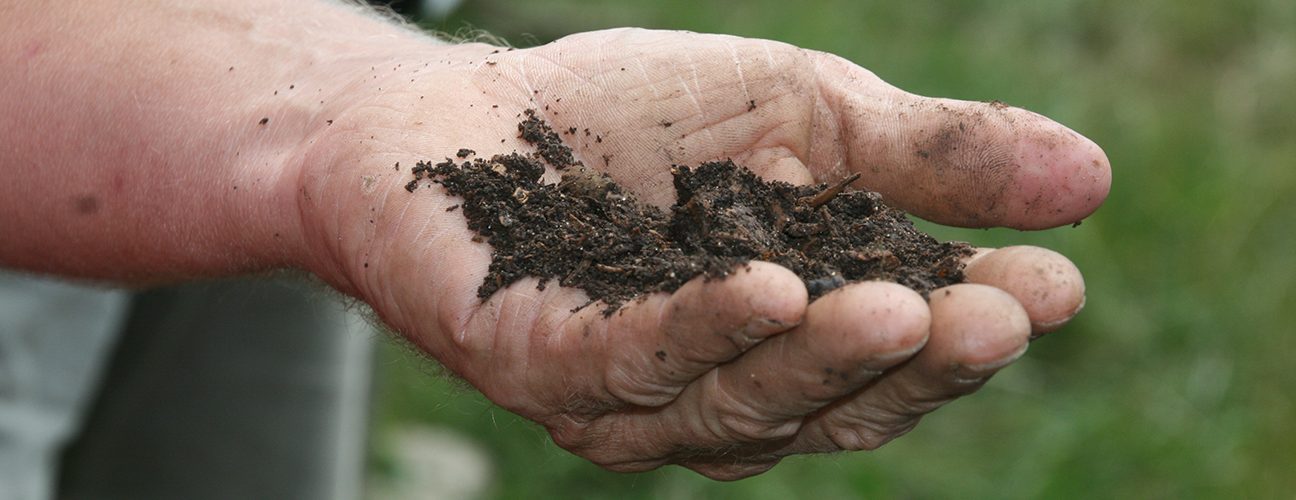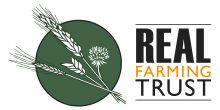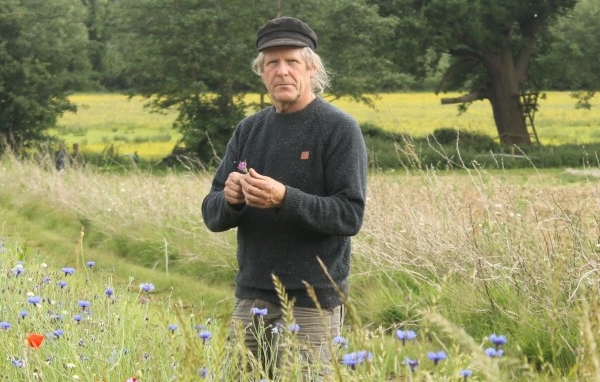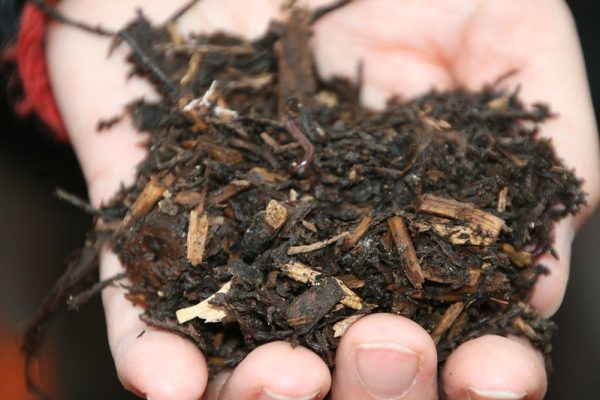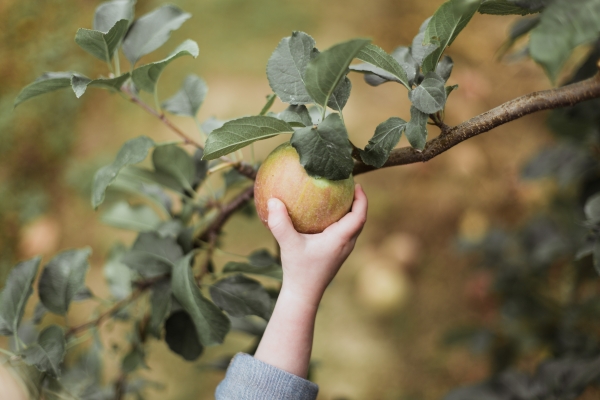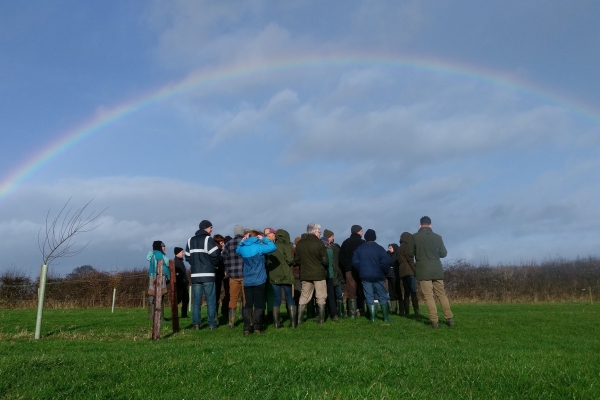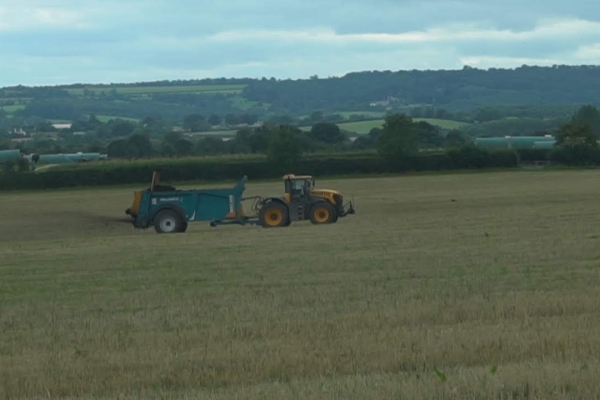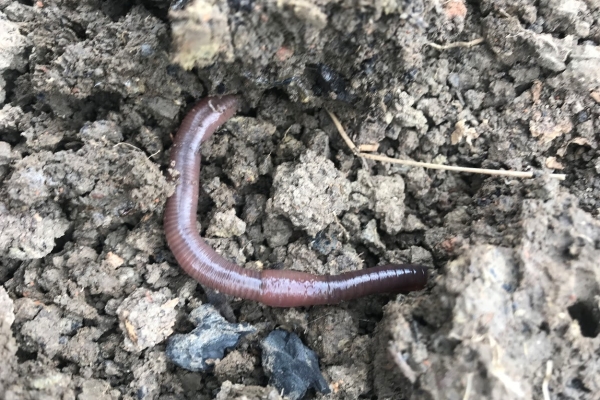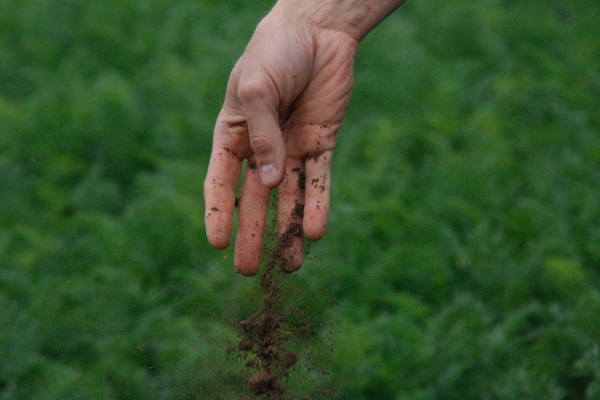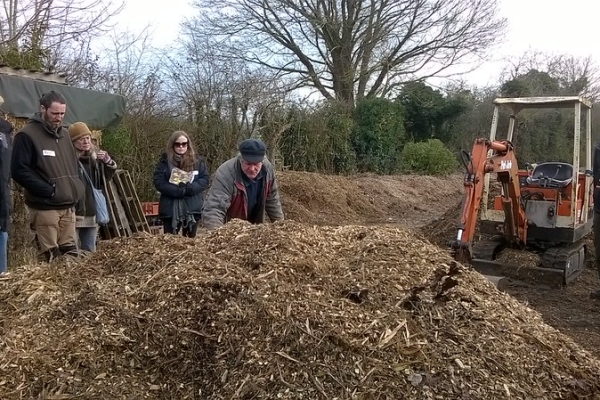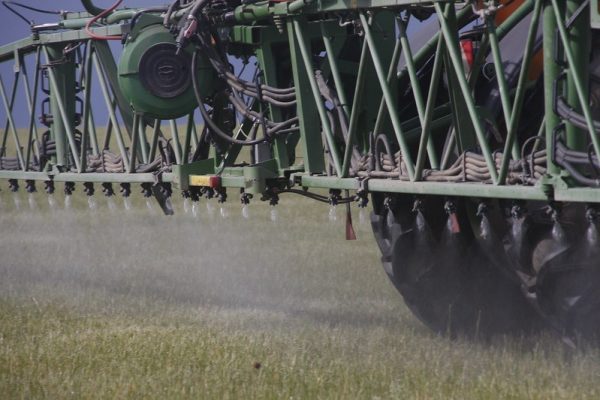Soil health at scale
Resource explained
Applying soil health principles at scale is a challenge. This session from the Oxford Real Farming Conference in 2024 features two inspiring farmers who are passionate soil enthusiasts; grower Iain Tolhurst (Tolly) of Tolhurst Organic and primarily arable farmer Tim Parton. Iain is an organic grower, focused on green manures with judicious use of woodchip compost and ramial chipped wood, but relying on tillage. Tim describes himself as a “biological nutrition” farmer, applying ‘brewed’ biology instead of synthetic inputs. He is passionate about building ‘functioning’ soil and that farmers should do all that they can to follow the path for a healthier planet. He still uses glyphosate, though ‘as little as possible’ – mainly for terminating cover crops when the weather doesn’t allow him to use other methods. What is the common ground, and are their practices replicable at scale?
Findings & recommendations
- Vegetable growing particularly provides challenges for soil heath. It is exploitative of resources and places huge demands on soil structure.
- Green manures are key to Iain Tolhurst’s system, as is under-sowing, keeping the ground covered.
- Ramial chipped wood has been a game-changer for Tolly: “Bringing in the wood brings in the fungi, which our soils have been lacking. Most soils are devoid of woodland fungi, which are really beneficial in terms of promoting growth, allowing plants to find the nutrients they need.”
- It is possible to maintain soil health with tillage. Around 10-15 million earthworms being found per hectare on land with modest inputs is testament to this.
- Reducing glyphosate use with biology. Tim maintains that by using ’biology’ – including adding molasses to the tank mix – the glyphosate doesn’t persist.
- By focusing on ‘biological nutrition’, synthetic inputs can be reduced, while still achieving high yields. Tim’s wheat crop now gets 50kg soil N and 28l foliar N applied/ha whereas 20 years ago it would have received 240-280kg N/ha, and it yields a respectable 12t/ha.
See more videos from the Oxford Real Farming Conference 2024 here.
